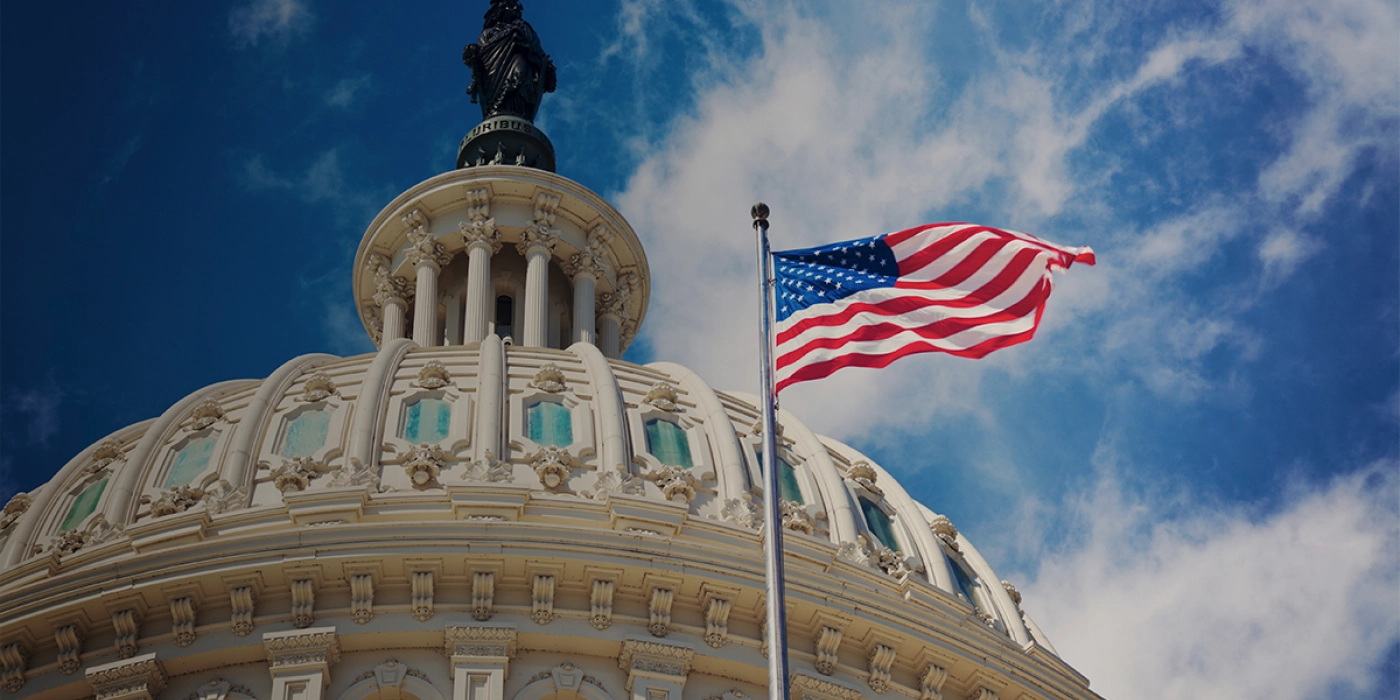What does the White House Chief of Staff actually do? While the traditional role has been as a gatekeeper controlling the flow of people into the Oval Office, Mick Mulvaney, former Acting Chief of Staff to President Donald Trump, offered a closer and personal perspective: “I got paid to tell the President what he didn’t want to hear.”
Speaking with David Seif, Nomura’s Chief Economist for Developed Markets, at Nomura Investment Forum Asia 2025, Mr. Mulvaney shared his insights on tariffs, deficits, the US dollar, and oil prices.
What’s on Trump’s mind on tariffs?
According to Mr. Mulvaney, President Trump characterizes tariffs as dynamic negotiating tools and leverage on future trade deals. He doesn't believe in win-lose deals but seeks win-win outcomes where all parties can claim some form of victory. “He believes that American companies can win if they operate on a level playing field,” said Mr. Mulvaney.
Follow the bond market for policy signals
Mr. Mulvaney emphasized the notable shift in markets focus from President Trump’s first term to his second. Those trying to figure out policy moves from the White House should “watch the bond market.”
With the national debt at $36 trillion, Mr. Mulvaney emphasized that a 105-basis-point increase in 20-year government bond yields, as happened recently, costs billions of dollars annually. This sensitivity to bond market performance is especially crucial now as the administration attempts to pass the “One Big Beautiful Bill” on tax cuts and spending, where deficit concerns present a significant hurdle.
“One Big Beautiful Bill” and fiscal realities
The House of Representative’s passage of the “One Big Beautiful Bill” drew attention for its projected $4 trillion addition to the deficit, per the Joint Committee on Taxation.
The deeper issue, Mr. Mulvaney said, is Washington’s structural spending pattern. Actual spending cuts are rare, and what’s often called a cut is simply a smaller increase than previously planned. “Washington is set up to spend more money every single year,” Mr. Mulvaney said, regardless of which party is in power. Real fiscal change is likely to come only if the bond market forces action, especially as the government looks to refinance over $9 trillion in short-term debt at higher rates.
The Fed, the dollar, and oil
Mr. Mulvaney said President Trump has always favored a weak dollar policy, as he thinks that’s good for the American economy, and Trump may attempt to talk down the dollar directly if the Fed doesn’t lower rates.
He also noted a possible new focus on oil prices, with President Trump recently mentioning a preferred range of $40–50 per barrel, although this position is not yet as firmly set as his weak dollar stance.

